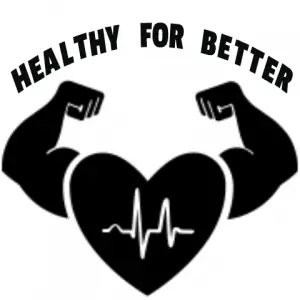Do you rely on caffeine to get through the day? If so, you're not alone. Caffeine is one of the most popular substances in the world, and for good reason – it can provide a burst of energy and focus. However, many people don't realize that there are plenty of healthy alternatives to caffeine that can give you similar results. In this blog post, we will discuss some of the best substitutes for caffeine and how they can benefit you!
Quitting caffeine can be tough. You might have headaches, feel irritable, and have trouble concentrating. Luckily, there are some great alternatives that can help boost your energy without the negative side effects of caffeine. Here are some of the best options:
Best Affordable Caffeine Alternatives
Hot Sauce: Hot sauce contains capsaicin, which has been shown to increase energy and alertness. Add a few drops to your food or favorite beverage for a gentle energy boost.
Maca Powder: Maca is a root vegetable that has been traditionally used to increase energy and stamina. It's also rich in vitamins and minerals, making it a great option for those looking for a healthy alternative to caffeine. Add a spoonful of maca powder to your smoothie or yogurt for a quick and easy energy boost.
Ashwagandha: Ashwagandha is an herb that has been used for centuries in Ayurvedic medicine to help the body cope with stress. It's also been shown to increase energy levels and improve mental clarity. Add a few drops of ashwagandha tincture to your water or take a capsule before you need an energy boost.
Ginseng: Ginseng is another herb with a long history of traditional use for increasing energy levels. It's also been shown to improve mental clarity and focus. Add ginseng tea bags to hot water for an instant energy boost or take capsules as needed throughout the day.
Chia Seeds: Chia seeds are rich in fiber, protein, and omega-3 fatty acids, making them a nutritious option for those looking for an alternative to caffeine. Soak chia seeds in water overnight and add them to your smoothie or yogurt in the morning for a filling and energizing breakfast. You can also sprinkle them on top of salads or other meals for a nutritional boost.
Reishi Mushroom: Reishi mushrooms are traditionally used in Chinese medicine as an adaptogen, which means they help the body adapt to stressors. They've also been shown to improve energy levels, sleep quality, and cognitive function. Add reishi powder to hot water for a quick cup of tea or take capsules as needed throughout the day.
Vitamin B: Vitamin B is essential for energy production and cognitive function. Make sure you're getting enough by eating foods rich in vitamin B like leafy green vegetables, eggs, nuts, and legumes. You can also take a vitamin B supplement if you think you're not getting enough from your diet.
Water: Sometimes the best thing you can do for your energy levels is simply drink more water! dehydration can cause fatigue, so make sure you're drinking plenty of fluids throughout the day. Aim for eight 8-ounce glasses of water per day and add lemon or other fruit slices for flavor if plain water isn't appealing to you.
Nuts: Nuts are a great source of protein, fiber, and healthy fats that can help keep you satisfied and energized throughout the day. Eat them as a snack or add them to meals like oatmeal or salads for an extra nutritional boost.
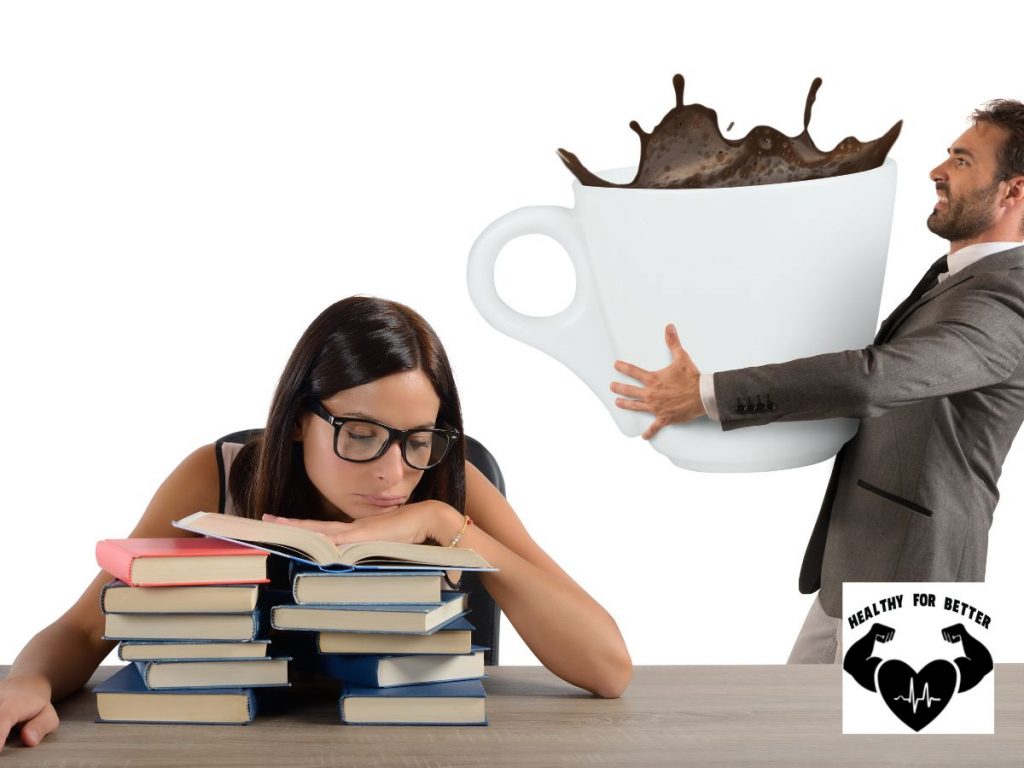
Caffeine Alternatives According To Ex-Caffeine Users
We didn't want you to only take our word for it so we went out and scoured the internet to find real answers from real users. We went to different forums, websites, facebook groups, sub reddits, etc. This information was curated so nothing has been changed besides any spelling or grammar where needed.
Real Ex-Caffeine User Opinions
- Slapbox “Rhodiola Rosea” – Rhodiola Rosea works great for something natural, but not as great as a tremendous dose of caffeine. As for side effects look into studies regarding caffeine with L-theanine. It can reduce some of the side effects quite a lot according to studies. I haven't tried it personally so I can't vouch for it but I've been meaning to.
- Bloodlemons “Green Tea Focus” – I swear by this stuff: http://greenteafocus.com It's a mixture of caffeine and l-theanine, sort of like a supercharged cup of green tea. All the benefits of coffee without the jitters and stomach issues. Everyone I've turned on to it loves it. For the record: I am in no way affiliated with the product. I used to drink coffee and take l-theanine tablets to achieve the same effect. I like the Green Tea Focus because it's consistent in dosage and effect.
- Ocelotking “Meditation” – Meditation (you get a temporary “high” that gives you insane focus for the next couple hours). Cold shower (jumpstarts the body, forces large amounts of blood to the brain. Effects last around an hour, really good for waking you up). Cardio (lots of free floating dopeamine and painkillers floating around in the body after a workout help you get work done, stay motivated). Machta (ground up green tea. It's similar to coffee in effects and stimulation but it doesnt have the same rise/crash). Adderall (you need a script and its very addicting, but if you have ADHD give it a try). Remember though you are either addicted to coffee right now or you just have a poor work ethic.Self motivation is not a trait people are born with, it's something you develop or lose over time. All the coffee in the world isn't going to fix your problems, only hard work and effort can.
- Living2713 “Psyllium Husk” – I quit caffeine cold turkey three years ago, also quitting all other forms of stimulants at the same time (sugar – even in fruit, artificial sweeteners, and artificial scents). It wasn't fun. However, once my body adjusted the difference was amazing. Maybe six months later I messed up once in a moment of weakness and had caffeine. I felt awesome that afternoon but then crashed HARD, and it look nearly 10 days before the post-caffeine crash fully dissipated. I highly recommend going caffeine-free. My other physiological productivity recommendations include 8 hours sleep (obvious, I know), lots of water (it's amazing how much even minor dehydration affects me – if you're not peeing clear at least twice a day you're not drinking enough water), and lots of soluble fiber (beans and/or psyllium husk).
- Babettebaboon “Smoothies” – You can try fruit juice/smoothies for the energy kick, but if you don't put lots of protein in it (yogurt, spinach; you can alternatively supplement with nuts) you'll have a pretty hard crash about four hours later. I've also had some good results with Emergen-C, but it sends me to the bathroom after 10 minutes. You can also try switching to tea. Black and green tea have smaller levels of caffeine, so it can help you to stave off the irritability and sleepiness from caffeine withdrawal.
- BeachDog123 “Spark energy drink” – This may not solve your issue, but I previously drank two sugar free Rockstars per day plus a pre-workout drink filled with caffeine. My buddy introduced me to a drink called Spark (Advocare makes it) – It's much better for you than coffee or Rockstar, it's cheaper, and I'm able to make it last longer by mixing it with about 30oz of water. I also went to a caffeine free pre-workout drink. So, in short, I went from ~400mg of caffeine per day to 100-200mg. Still not great, I know, but I love caffeine.
Edit: I have no affiliation with Advocare and there products are very over priced. So if anyone has a better alternative, please let me know
- DelDeDo23 “Ginseng Supplement” – Try a daily Ginseng supplement. Get the best you can afford. Takes a few of days before you'll notice any difference, but it's the good stuff. Only downside is you can't take it continuously, you need to take a break from it for a couple of weeks every three months.
- Dr_Gnar “Modafinil” – Not sure if you're willing to try it, but I'm in the same boat and have heard a lot of positives about modafinil. Might be with a look if you aren't ruling out the pharmaceutical route. Either way, good luck.
- DeckerSmith17 “Exercise” –
I'm surprised no one has mentioned exercise! Try a quick 15 min work out before getting to work, even if you just do jumping jacks for 15 mins. That's about the amount of time it takes for caffeine to kick in anyway. Also, maybe snack on some dark chocolate while you work… it has a small amount of caffeine and increases endorphines. Also you mentioned sleeping too much. This is a weakness of mine too. Try the sleepytime.com bedtime calculator to help you feel more alert and avoid over sleeping.
Coffee is part of my culture and my productivity strategy. I grew up drinking or regularly so I dont feel jittery or any other side biological side effects. I know someone who sweats horribly and has bad digestive issues on them. 🙁 I'm lucky! But, if you like the habit of coffee while you study, you may try decaf which still has a small amount of caffeine.
- Aloogobitarkadaal “Headstands” – A friend of mine who's into yoga swears by doing headstands as an antidote to those caffeine cravings.
Results: Overall the number one mentioned coming in at 29% of the results was Modafinil with Exercise coming in at 13% at second. So maybe try a combination of the 2 of those and it would solve your caffeine addiction.
Why Caffeine alternatives?
Caffeine is one of the most popular stimulants used today. It is found naturally in coffee beans, tea leaves, cocoa beans, kola nuts, guarana seeds, yohimbe bark, cola nuts, etc. The main active ingredient is called caffeine which is a methylxanthine alkaloid. This chemical compound is responsible for many positive effects including increased alertness, improved mood, reduced anxiety, enhanced mental performance, and increased energy levels. There are several reasons why people use caffeine alternatives such as herbal supplements like green tea extract, ginseng root, chamomile flowers, valerian root, etc. Some of these reasons include:
• Improving sleep quality
• Reducing stress
• Boosting metabolism
• Increasing endurance
• Enhancing cognitive function
• Improving overall health
When to avoid caffeine
The amount of caffeine in different foods varies greatly. For example, 1 cup of brewed coffee contains approximately 100 mg of caffeine. One cup of green tea contains only 10 mg of caffeine. A large glass of milk (1/2 gallon) contains less than 5 mg of caffeine.
The effects of caffeine vary from person to person. Some people find caffeine helps them concentrate and stay awake while others find it causes anxiety and insomnia. If you're trying to quit smoking, caffeine might make it easier for you to do so. However, if you drink too much caffeine, it could cause headaches, nervousness, irritability, stomach upset, rapid heartbeat, increased blood pressure, irregular heart beat, and even seizures.
If you want to know when to stop drinking caffeine, there are two ways. You can either cut down gradually or just try quitting cold turkey. Cutting back gradually means reducing how much caffeine you consume every day until you reach zero. This method takes longer because you'll probably need to reduce the number of cups of coffee you drink per day. Quitting cold turkey means cutting out caffeine completely. There are many reasons why you should consider this option. First, if you've been drinking caffeine regularly for years, then stopping suddenly could cause withdrawal symptoms like headache, fatigue, muscle aches, nausea, and sleep problems. Second, if you're pregnant or nursing, you don't want to take any risks. And finally, if you suffer from depression, anxiety, panic attacks, migraines, or epilepsy, you shouldn't use caffeine at all.
How to replace caffeine?
Many people use coffee as their primary source of caffeine. But if you want to cut down on your intake of caffeine without cutting out coffee altogether, here are some tips to help you do just that. First, try switching from regular coffee to decaf. Decaf contains less than half the amount of caffeine found in regular coffee. Next, switch from instant coffee to brewed coffee. Instant coffee is made up of ground beans and water; therefore, the caffeine is added after brewing. Finally, look into herbal teas such as chamomile tea, which contain no caffeine. Tea is actually considered healthier than coffee because it doesn’t contain any additives.
How Much Caffeine Is Too Much?
The amount of caffeine consumed varies depending on the type of beverage, how it is prepared, and the person's sensitivity to caffeine. The average adult consumes approximately 100 mg per day, which is equivalent to one cup of brewed coffee. However, there is no safe level of consumption. Excessive amounts of caffeine can cause nervousness, irritability, insomnia, anxiety, palpitations, tremors, headaches, nausea, vomiting, diarrhea, abdominal pain, increased heart rate, irregular heartbeat, shortness of breath, muscle twitching, and seizures. In extreme cases, death can occur from cardiac arrest caused by ventricular fibrillation.
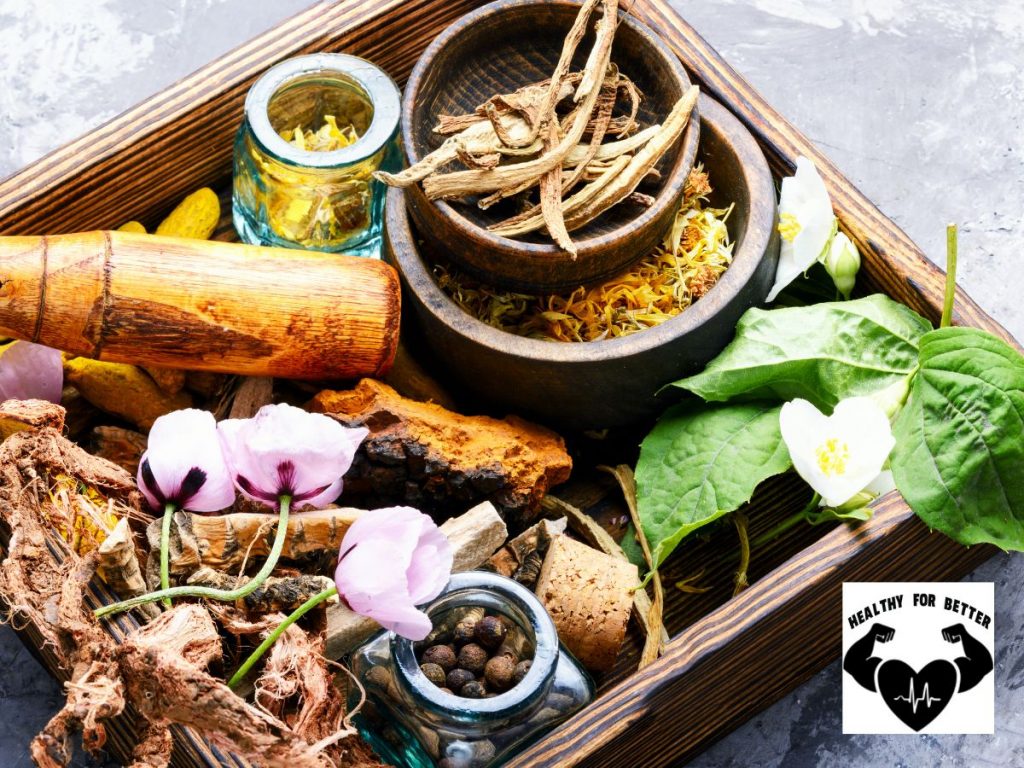
What is the best alternative to caffeine
The Best Alternative To Caffeine
The main difference between caffeine and the alternatives listed below is their effects on your body. Some of these alternatives do not contain any caffeine at all while others contain less than 1% of caffeine.
1) Guarana (guaraná): This is a tropical plant native to South America. It contains caffeine and tannins which give it a bitter taste. Its primary use is to boost physical endurance and mental alertness.
2) Kola Nut: Kola nut is another natural source of caffeine. It comes from the kola tree which grows in Africa. It is used mainly for its relaxing properties.
3) Herbal Tea: There are many different types of herbal teas available. They come from herbs such as chamomile, ginseng, valerian root, passion flower, hibiscus, lemon balm, mints, peppermint, spearmint, ginger, fennel, rosemary, dandelion, catnip, etc. Each herb has its own unique flavor and aroma. Many people drink tea because they like the way it tastes. Others enjoy drinking it because it helps them relax after a stressful day.
4) Green Coffee Bean Extract: Green coffee bean extract is made from green coffee beans. It contains caffeine and chlorogenic acid. Chlorogenic acids are antioxidants that protect against free radicals. Free radicals cause damage to cells and DNA. Antioxidants prevent this type of damage.
5) Melatonin: Melatonin is a hormone produced naturally in our bodies during sleep cycles. It helps regulate our circadian rhythms. It is often taken as a supplement to promote healthy sleeping patterns.
What can I drink instead of caffeine for energy
1) Green Tea – This beverage contains catechins which are antioxidants that give green tea its name. They contain less caffeine than black tea, so drinking this type of tea will not cause you to feel jittery like coffee would. The best thing about green tea is that it actually helps reduce stress and anxiety, making it perfect for those who suffer from these conditions.
2) Milk – If you want to avoid caffeine altogether, milk could be just what you need. Research shows that drinking two cups of milk before bedtime can help you sleep longer and improve your mood. In addition, studies show that drinking milk before going to bed can increase your metabolism and make you burn calories faster. You don't even have to worry about getting fat because milk is low in calories and full of nutrients.
3) Water – Drinking water before bedtime can help prevent dehydration, which can lead to insomnia. Also, water can help relax muscles, which makes falling asleep easier. Try drinking half a glass of water right before bedtime to see how much difference it makes.
4) Herbal Teas – There are many herbal teas out there that are great for boosting energy. Chamomile is probably the most well known herb for increasing alertness and reducing stress. Other herbs such as chrysanthemum, ginkgo biloba, licorice root, passion flower, and valerian root are also good choices. All of these herbs are safe, natural ways to help you stay focused throughout the day.
5) Citrus Fruits – Eating citrus fruits before bedtime can help wake up your body and mind. Studies show that eating lemons, limes, oranges, grapefruit, and tangerines can help you fall asleep faster and stay asleep longer. Plus, they taste delicious!
6) Honey – Honey is another sweetener that can help calm your nerves and promote relaxation. It's also a great way to treat yourself when you've been working hard all day long. Just add a teaspoon of honey to hot water and enjoy.
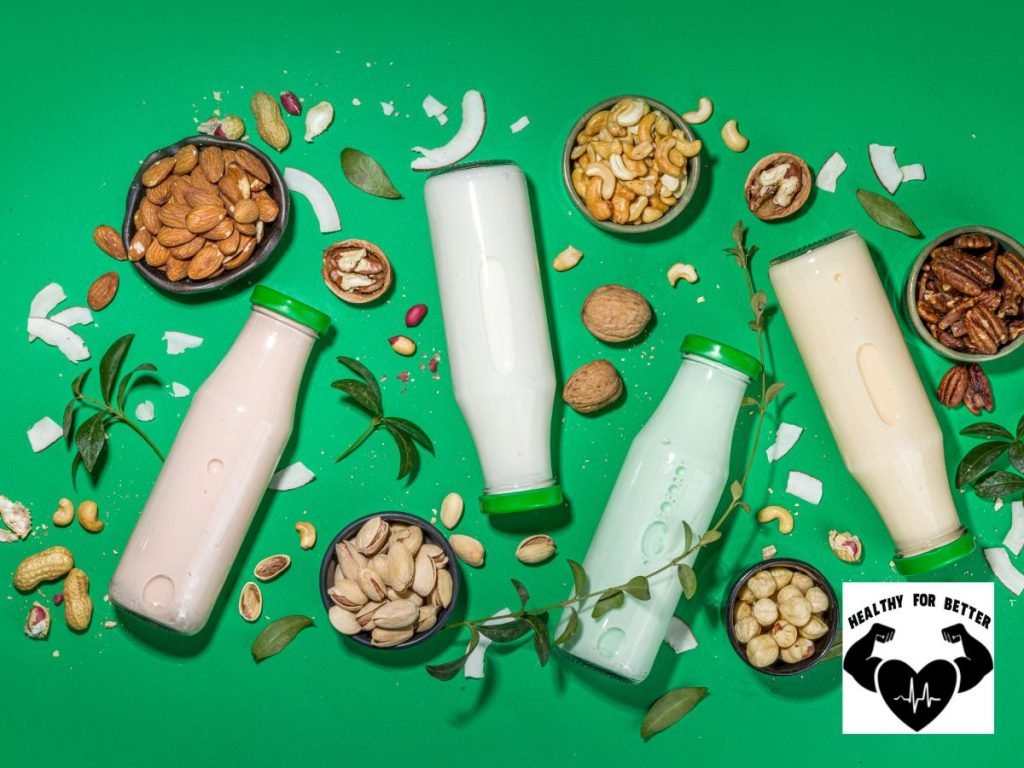
How can I stay awake without caffeine
The best way to keep yourself alert and focused when you're working at night is to drink plenty of water before bedtime. The reason why this works so well is because your body's natural sleep cycle is closely linked to your circadian rhythm. When you don't get enough sleep, your body produces less melatonin, which means that you'll feel tired even if you've had enough restful hours. If you want to avoid getting too little shut eye, try drinking some warm milk before bed. It contains calcium and magnesium, two minerals that help promote healthy sleep cycles.
What is a natural caffeine
Caffeine is a naturally occurring substance found in coffee beans, tea leaves, cocoa powder, cola nuts, kola nuts, guarana seeds, yucca roots, and some fruits such as citrus fruits. It’s a chemical compound consisting of two carbon atoms bonded together with three hydrogen atoms attached to them. The name “caffeine” comes from the Italian word caffeo meaning “coffee”.
The average adult human body contains approximately 100 mg of caffeine per day. This amount varies depending on age, gender, weight, diet, physical activity level, and genetics.
In adults, caffeine consumption increases blood pressure and heart rate, causes anxiety, irritability, insomnia, headaches, nervousness, palpitations, tremors, tachycardia (rapid heartbeat), and vomiting. In children, caffeine consumption can cause restlessness, hyperactivity, sleeplessness, irritability, nightmares, stomach ache, constipation, diarrhea, abdominal pain, and increased urination.
Caffeine is considered safe when consumed at low doses, but long term use at higher levels can lead to dependence and withdrawal symptoms. Some people who consume large amounts of caffeine regularly report feeling jittery, anxious, and having difficulty sleeping. Others develop tolerance to its effects, which means they require increasing amounts of caffeine to feel the same effect.
Caffeine acts on the central nervous system by blocking adenosine receptors, which are responsible for regulating sleep cycles and muscle tone. Adenosine is released during periods of stress or exercise and binds to these receptors, causing drowsiness. When caffeine blocks these receptors, the brain receives less adenosine and feels more alert.
Caffeine can increase your energy level temporarily, but it doesn't last very long. You'll probably feel tired after you stop drinking coffee or consuming any caffeinated beverages. If you're trying to lose weight, caffeine can actually make you eat more because it stimulates your appetite.
What has caffeine that isn't coffee
Coffee vs Caffeine
Coffee is a drink made from roasted beans of the plant Coffea arabica L., which contains caffeine. The caffeine is extracted through roasting and grinding of the beans, then brewed into a beverage. It is usually served hot, although some varieties are cold, such as latte art.
Caffeine is a naturally occurring alkaloid found in many plants and animals. In humans, caffeine is one of the most widely used psychoactive drugs in the world. It acts primarily as a central nervous system stimulant, increasing alertness and energy levels.
Caffeine was first isolated from the seeds of the kola tree (Cola acuminata) in 1820. It was later discovered in tea leaves (Thea sinensis), cocoa beans (Theobroma cacao), guarana berries (Paullinia cupana), yerba mate (Ilex paraguariensis), cola nuts (Cola nitida), and guayusa (Guaiacum officinale).
In the United States, caffeine consumption per capita increased from 0.4 kg/year in 1960 to 1.3 kg/year in 1990, 2.2 kg/year in 2000, and 3.9 kg/year in 2010.
Coffee production is concentrated in Central America, South America, Africa, Asia, Oceania, and Europe. Worldwide, coffee is produced mainly in developing countries where labor costs are low.
There are several types of coffee, including Arabica, Robusta, and Bourbon. Arabica is generally considered superior to robusta in taste, aroma, and flavor.
Arabica coffee originated in Ethiopia, where it was cultivated since at least 1000 BC. The earliest written reference to coffee comes from 1325 AD when Marco Polo mentioned “kahveh” (“coffee”) among the goods brought back from China by Kublai Khan's ambassador.
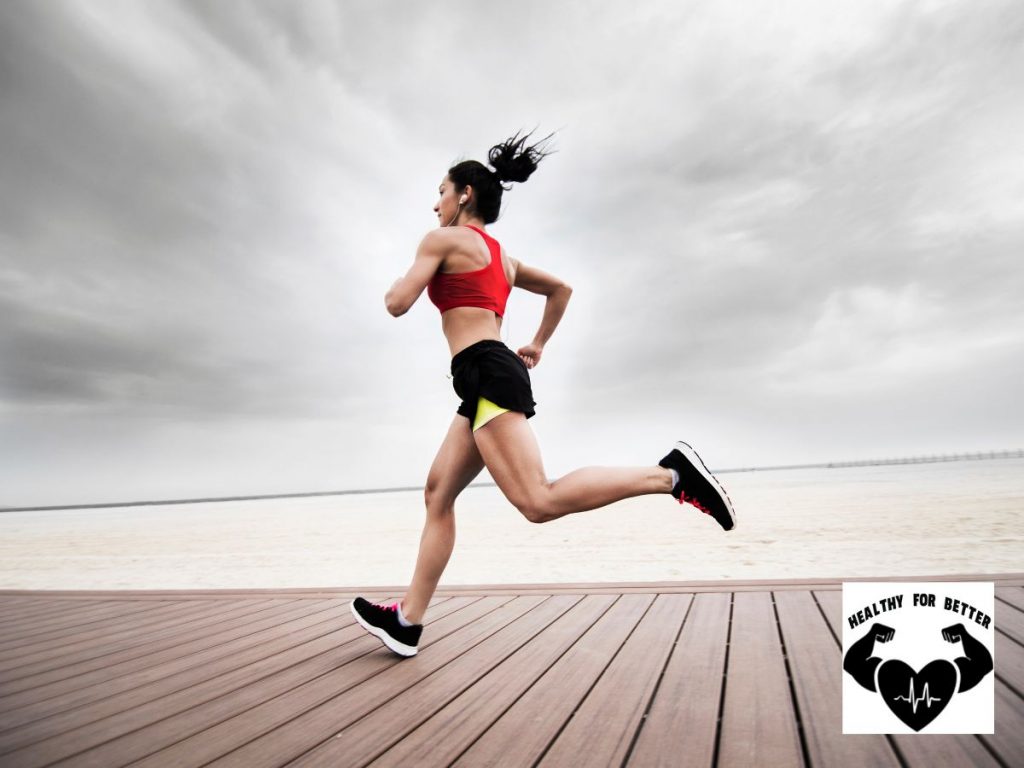
Is Quitting caffeine worth it
What is quitting caffeine worth it?
Quitting caffeine is one of the most common ways to lose weight. However, there are many things you should consider before making this decision. This article will help you understand whether quitting caffeine is really worth it.
Caffeine is a stimulant drug that affects your body’s nervous system. It stimulates your central nervous system (the brain and spinal cord) which causes increased heart rate, blood pressure, breathing rate, and muscle tension. Caffeine is found naturally in coffee beans, tea leaves, cocoa powder, cola drinks, chocolate, and some medicines.
There are two types of caffeine: natural and synthetic. Natural caffeine is found in foods like coffee, tea, cacao and chocolate. Synthetic caffeine is added to food products such as soft drinks, energy drinks, and sports drinks. The amount of caffeine in these products varies from 0 mg/L to 100 mg/L.
The effects of caffeine vary depending on how much caffeine you consume. If you drink less than 200 mg per day, then you won't feel any effect. But if you drink more than 300 mg per day, then it can cause headaches, stomach upset, insomnia, anxiety, irritability, drowsiness, and even seizures.
If you want to quit caffeine, you must first figure out why you started drinking caffeine in the first place. Did you start because you were stressed at work? Were you trying to get rid of fatigue after working long hours? Was it because you wanted to boost your performance at work? Or was it just because you wanted to relax? Whatever reason you had when you began drinking caffeine, make sure you don't use that as an excuse to keep drinking caffeine.
Once you've figured out what caused you to begin drinking caffeine, you'll need to determine whether you truly want to stop drinking caffeine. You might find that you're addicted to caffeine. In that case, you'll need to decide whether it's worth it to continue drinking caffeine.
If you do decide to give up caffeine, you'll need a plan to replace the caffeine you're giving up. Make sure you know exactly what you're going to eat so you don't end up eating too little or too much. Also, make sure you exercise regularly to burn off excess calories.
What drinks wake you up besides coffee
If you're like most people, then you probably don't think about this very often. But if you do, there's no doubt that you'll find yourself thinking about the best way to get going in the morning. And while you might want to drink something else than coffee, you still want to start your day off right. So what should you choose? Well, we've got some ideas…
Coffee & Tea Drinks – Wake Up
Wake up! The first thing I do every morning is make myself a cup of tea (or coffee). It’s my favorite way to start the day because it gives me energy without any caffeine jitters. My go-to beverage is green tea, which is packed full of antioxidants and nutrients that help keep me healthy and energized throughout the day. Green tea contains L-theanine, which helps reduce stress and anxiety levels. Another great benefit of drinking green tea is its ability to boost metabolism and burn fat faster.
I know many people who swear by their morning coffee, but I prefer tea. There are so many different types of teas out there, from black to herbal to fruit flavored. Some even contain vitamins and minerals to help support good health. One of my favorites is matcha, which is made from finely ground Japanese green tea leaves. Matcha is rich in antioxidants called catechins, which give it its bright color and flavor. In addition, matcha is loaded with magnesium, iron, calcium, zinc, copper, manganese, and vitamin B1, which makes it a great source of nutrition.
Tea is another great option for those looking to kickstart their mornings. You can brew it hot or cold, depending on how much caffeine you want. When brewing tea, always use filtered water. This ensures that you’re getting pure water that won’t affect the taste of your tea. For example, if you’re making Earl Grey tea, add 1 teaspoon of loose Earl Grey tea leaves into a glass jar filled with boiling water. Let it steep for 5 minutes before straining. Then pour the tea through a fine mesh sieve to remove the leafy bits.
If you’re trying to cut back on caffeine, try switching to decaf, which doesn’t contain caffeine at all. Decaf is just regular tea brewed with less caffeinated tea leaves. However, if you’d rather skip the caffeine altogether, opt for green tea. Green tea is one of the few beverages that actually boosts brain power. It’s packed with polyphenols, which are powerful antioxidants that protect against free radicals and fight inflammation. Plus, studies show that green tea drinkers tend to live longer than non-green tea drinkers.
There are plenty of ways to enjoy a cup of tea, whether it’s hot or cold. Try adding a little honey or sugar to sweeten your tea. Also, you can turn your tea into a delicious latte by adding milk. Simply place two teaspoons of steamed milk powder into a mug and top it with hot tea. Stir well until the mixture becomes foamy.
Final Thoughts
Do yourself a favor and ditch the soda for something healthier – your body will thank you! There are plenty of great alternatives out there that can give you the same boost of energy without all the negative side effects. Herbal teas, decaf coffees, sparkling waters, and kombuchas are all great options that are worth trying out! So next time you're reaching for a sugary soda or energy drink, think twice and opt for something healthier instead!
Recent Posts
It's important to evaluate whether Beachbody On Demand continues to meet your fitness needs as we enter 2025. With a range of workout programs and nutrition plans, the platform claims to cater to...
Just like having a personal trainer at your fingertips, Beachbody On Demand offers you an extensive library of on-demand workout programs accessible anytime, anywhere. This service allows you to...
